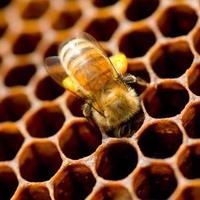The Bio-Politics of Bees
Industrial Farming and Colony Collapse Disorder
DOI:
https://doi.org/10.52537/humanimalia.9909Abstract
Everywhere, honeybees and other insect pollinators are dwindling and dying, in a slowly but relentlessly unfolding crisis that has come to be known as “Colony Collapse Disorder.” This article draws upon theoretical currents from animal studies, environmental sociology and ecofeminism in order to explore the aetiology and significance of this crisis, an animal-techno-ecological assemblage of forbidding complexity and intense controversy. It is argued that the critical animal studies concept of the “animal-industrial complex” offers a potentially fruitful framework for grasping CCD, but that it ultimately rests upon notions of nonhuman animal subjectivity and objectification which do not translate persuasively to eusocial invertebrates such as honeybees. The article therefore develops a bio-political reading of the animal-industrial complex which reworks its conceptual underpinnings such as to render coherent the notion of an “apis-industrial complex.” This bio-political approach is articulated through a critical discussion of the relationship between the industrial organization of agricultural production and the vital materiality of complex living systems.
Downloads

Published
Issue
Section
License

This work is licensed under a Creative Commons Attribution-NonCommercial 4.0 International License.









